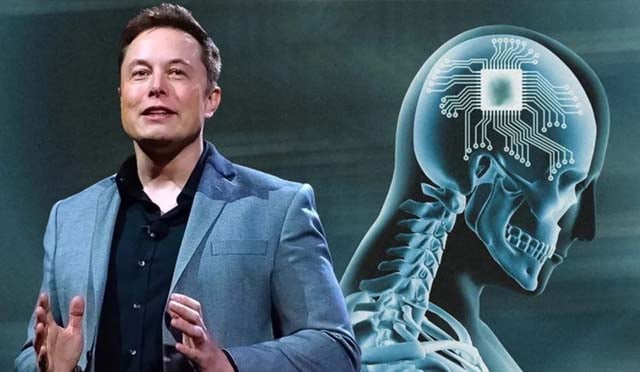Elon Musk announced on Tuesday that his business, Neuralink, had implanted a brain implant in its first human patient, showing “promising” preliminary outcomes.
Musk co-founded a neurotechnology business in 2016 with the goal of creating direct neural-computer connection.
The goal is to enhance human potential, cure neurological conditions like Parkinson’s or ALS, and perhaps even establish a mutually beneficial partnership between humans and artificial intelligence in the future.
Musk wrote on X, the previous Twitter platform, that “the first human received an implant from Neuralink yesterday and is recovering well.”
“Preliminary findings indicate encouraging neuron spike detection,” he continued.
The startup announced last year that US regulators had given the go-ahead for it to test its brain implants on humans.
The primary means of operation for Neuralink’s technology is an implant known as the “Link”—a surgically implanted, five-coin-sized gadget that is placed inside the human brain.
The California-based startup Neuralink, which employs over 400 people, raised at least $363 million last year, according to data provider Pitchbook.
Despite grabbing the most of the headlines, Musk is not the only one attempting to advance the subject of brain-machine or brain-computer interface research.
The tycoon, beset by delays, had apparently inquired about a possible venture with implant maker Synchron.
Its implant version can be installed without necessitating a skull cut, unlike Neuralink’s Link.
In July 2022, Synchron, an Australian company, implanted their first device in a patient from the US.

